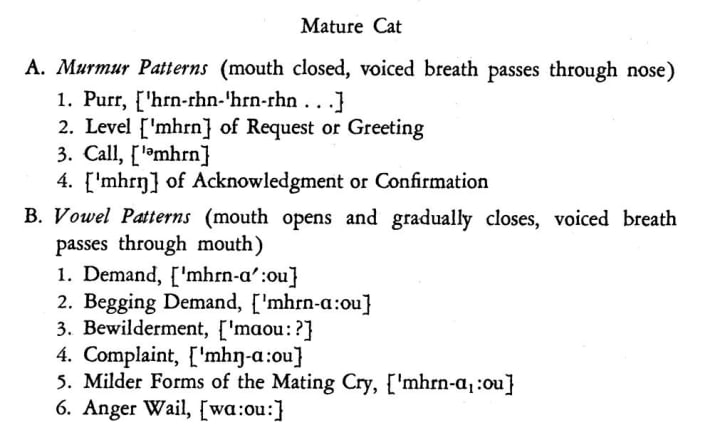Why doesn't the cats respond to its own name?
just don't want to talk to you

In fact, when you call your cat, it's not that it doesn't know you're calling it. It's just that unlike dogs, which like to respond to their owners with vocals and wagging their tails, cats are not very good at vocalizing back.
In 2013, researchers at the University of Tokyo recruited 20 domestic cats to play back the sound of their owner calling their cat's name, as well as four other strangers, at the same volume. In experiments, cats responded most strongly to their name being called for the first time, as well as to their owners, and indicated "I have read" by moving their ears and turning their heads.
But rather than a dog's intense desire to interact with you, it's more of a "directed behavior" to see where the owner is yelling at you, and will become less and less responsive to you as you continue to yell.
If they don't respond after you've yelled a lot, they're probably not deaf, they're just a little bored. They're such cruel little cats.
If you find it difficult to communicate with your cats, there are other options you can consider, such as learning to speak cat language.

As early as 1944, zoologists classified the purrs and wails of domestic cats into 16 different categories, classifying them functionally and labeling them as vowels and consonants.
In 2012, British zoologists reclassified cat calls based on previous research, this time even adding the pitch and duration of each call.
This means that, by following these rules, you can, in theory, master cat speech and communicate freely with your cat. If your cat ignores you, you can also learn to communicate with your cat in cat language and save the country.
However, while cats can be annoying at times, they are not as aloof as you might think. You could even say that a part of cat language was developed specifically for humans.
If silence is the nature of cats, then domestic cats have developed an even more talkative habit for their disrespectful owners. In fact, the domestic cat talks more than the taller feral cat, and even other members of the carnivore.
What's more, domestic and feral cats have different "accents". In 2004, Cornell university researchers recorded 535 meows from 12 domestic cats and analyzed them. They found that the average duration of the meows was shorter (0.84 seconds vs1.50 seconds) and the basic frequency of the sounds was higher (609 Hertz vs255 Hertz) than the feral cats. And in this experiment, participants rated the voices of domestic cats as more pleasing to the ear.
As you can imagine, the voice of a wild cat is usually a deep husky long note, while the voice of the owner is a crisp and short milk cat. As to why there is a difference, the researchers point to a hypothesis proposed in the 1990s: that domestic cats' calls change to adapt to human hearing.
In 1998, zoologist Eugene Morton proposed a motive-structure theory of animal vocalizations, arguing that higher pitches are often associated with short, young, or nonthreatening vocalists. In other words, kittens that have been living with humans since childhood have evolved their voices to reassure you.
Cats also feel more secure when you take good care of them, and they sound different from wild cats when stimulated.
In 2011, a team of researchers from South Korea compared 25 feral cats with 13 domestic cats and found that the duration of growling and hissing sounds was significantly longer and at a higher frequency in similar situations, such as when a stranger approached. The voices of domestic cats are softer and less aggressive than those of wild cats.
And all of these are actually the result of long-term communication and mutual influence between you and your cat.
About the Creator
Enjoyed the story? Support the Creator.
Subscribe for free to receive all their stories in your feed. You could also pledge your support or give them a one-off tip, letting them know you appreciate their work.





Comments
There are no comments for this story
Be the first to respond and start the conversation.